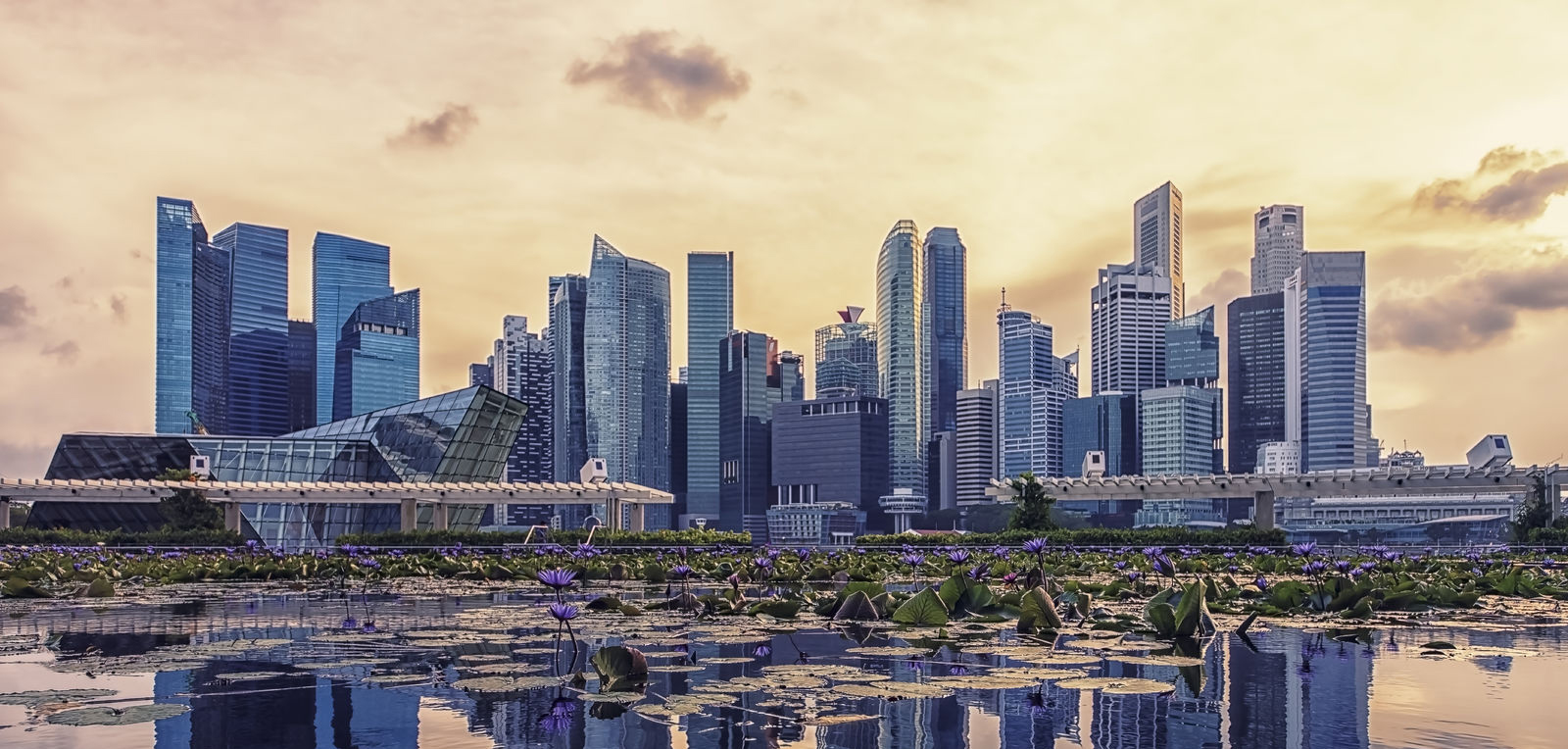A new business mindset will enable Singapore to seal the deal on its global hub role


The coronavirus pandemic and shifting trade relationships have made the world more fragmented. However, global cooperation in trade, and the exchange of ideas, people, capital and technology have proved resilient despite the obstacles and will continue to power the global economy.
Moreover, global hubs will still have an important part to play in a COVID-19 world. That role has, however, evolved. As Singapore’s Minister for Trade and Industry, Chan Chun Sing, recently said at the Singapore edition of the Standard Chartered ASEAN Webinar Series, these hubs must fundamentally be able to connect and bridge divides across all dimensions – geopolitical, physical, digital, financial and language among others.
Importantly, given the more fragmented world, Singapore has the strengths to be one of these key nodes across the world. One that can seamlessly connect its market with others yet is also able to cooperate with other key nodes to link the world’s economies together.
Much more than just a gateway to ASEAN, Singapore is an important connection in the global flow of capital and trade. The city is already among the top destinations for foreign direct investment, ranking behind just the US and China for the volume of investment inflows1. And wealth managers have long recognised the advantages of basing their operations in Singapore with assets under management rising 5.4% to US$2.5trillion in 2019 from a year earlier2. The city’s credentials as a wealth management centre were further boosted at the start of this year with the launch of the Variable Capital Company (VCC), a new fund structure which provides greater flexibility and broadens the type of investment strategies that can be managed from the city-state3.
Investing in digital and physical infrastructure that supports trade is also a hallmark of a leading global gateway. Singapore’s Networked Trade Platform, for instance, creates a centralised, digital hub for trade by connecting all the participants in a supply chain and will eventually link to digital trade platforms in other markets. Meanwhile, the new Tuas Port, which is due to be completed in 2040, will become the world’s largest automated terminal4.
And as Singapore’s agreements to establish two-way travel corridors with its Asian neighbours show, global hubs have a vital role to ensure people and businesses can still cross border effectively and foster growth.
Companies looking to grow successfully in a COVID-19 world need to embrace innovation and technology. Singapore’s vibrant digital economy and start-up ecosystem can advance this innovation agenda.
For example, Singapore is Standard Chartered Bank’s global centre for technology and innovation, with the majority of the bank’s strategy and ideas incubated in the city before being rolled out globally.
And as this year has shown, businesses seeking sustainable growth need to prepare for black swan events and cope with them when they arise. For companies to make the most of Singapore’s role as a global gateway, they need to embark on a growth journey guided by three principles: an open mindset, an agile operating model and an ability to reimagine the future.
How Singapore’s hawker stalls transformed themselves during circuit breaker, is a vivid example of how an open mindset can help business find new revenues and reach new patrons. By joining online food delivery platforms5, these traditionally location-bound stalls can now sell to customers island wide anytime anywhere.
Having an open mindset empowers companies to innovate and adopt agile operating model – to think of new ways of working to create better value to customers and other stakeholders including their employees. For example, Singapore’s Hindu Endowments Board (HEB) added a digital payment solution devised by Standard Chartered that allowed it to continue serving its devotees with minimal investment or operating needs on HEB’s part6.
With the right mindset and operating model, businesses can now look ahead, envision and reimagine the future. The new normal is about workplace flexibility, e-commerce, virtual gatherings, and the acceleration of digital transformation is not limited to the corporate world but also consumers’ lives. How, when and where a shopper shops is also changing the way malls operate – tenant mix, operating hours, space utilisation etc. need to be carefully reviewed and calibrated to ensure future-fit.
When businesses are ready to embark on their growth journey with this new mindset, it will reinvent corporate cultures and develop future-proof talents, both critical assets that will support Singapore’s continued importance as a global node, one that will bridge divides, connect with others to collectively evolve and come out of this pandemic stronger.
1https://unctad.org/en/PublicationsLibrary/wir2020_overview_en.pdf
2https://www.mas.gov.sg/-/media/MAS/News-and-Publications/Surveys/Asset-Management/Singapore-Asset-Management-Survey2018.pdf
3https://www.businesstimes.com.sg/opinion/vccs-to-boost-singapores-asia-fund-gateway-status
4https://www.straitstimes.com/singapore/tuas-port-set-to-be-worlds-largest-fully-automated-terminal
5https://guide.michelin.com/sg/en/article/features/singapore-hawkers-go-digital
6https://av.sc.com/sg/content/docs/sg-sc-unveils-innovative-solution.pdf